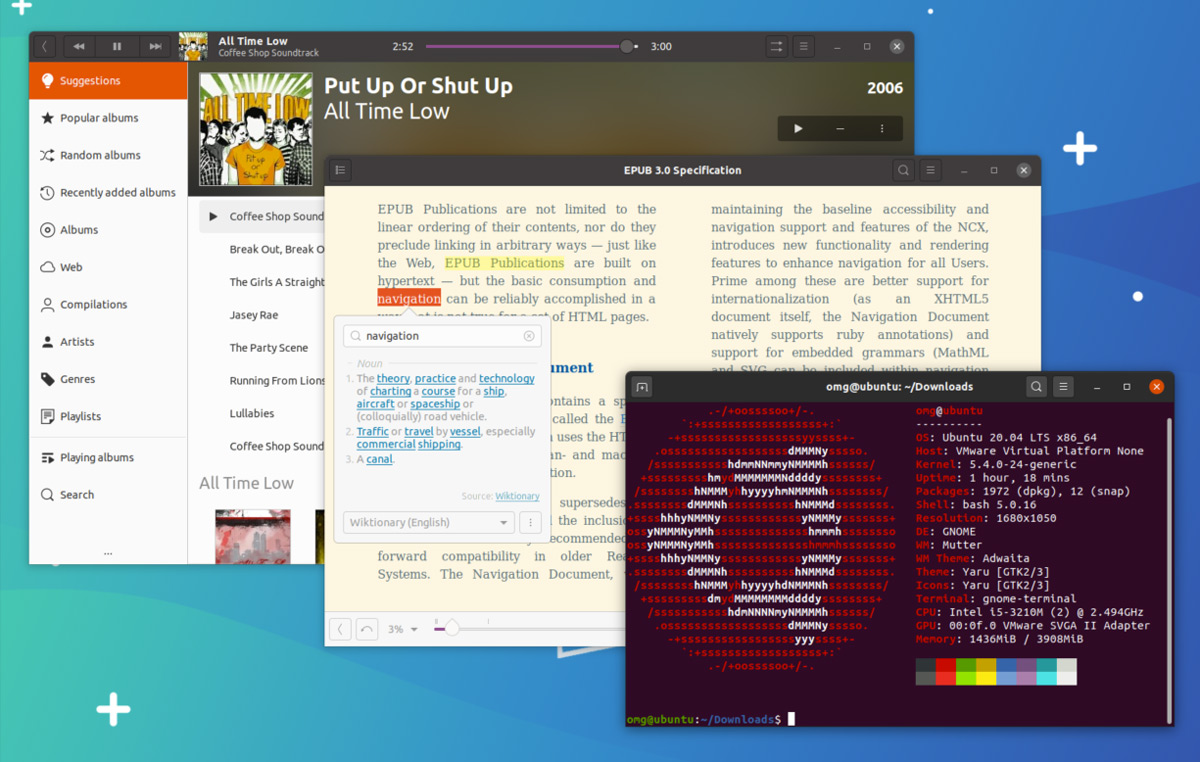

Install Python binding for dlibĪfter building dlib, switch again to the cloned directory in the previous step: cd.

For more information about Dlib, please visit the official website here. This will start the build process and once it finishes, the native library of dlib will be available in your system. # generate a Makefile in the current directory # create build directory inside the cloned directory Then, proceed to build dlib with the following commands: # get into the cloned directory

To start with the compilation of dlib in your system, clone the repository in some directory in your system: # Clone the dlib library in some directory of the system Dlib's open source licensing allows you to use it in any application, free of charge. It is used in both industry and academia in a wide range of domains including robotics, embedded devices, mobile phones, and large high performance computing environments. Dlib is a modern C++ toolkit containing machine learning algorithms and tools for creating complex software in C++ to solve real world problems. Install and compile dlibīefore proceeding with the usage and installation of the face recognition library in Python, you will need the distributable of dlib installed on your system and the python binding as well. Sudo apt-get install build-essential cmake 1. If it's not installed in your system, you can run the following commands to install it: # Update repo The suite of CMake tools were created by Kitware in response to the need for a powerful, cross-platform build environment for open-source projects such as ITK and VTK. CMake is used to control the software compilation process using simple platform and compiler independent configuration files, and generate native makefiles and workspaces that can be used in the compiler environment of your choice. Your system needs CMake installed, an open-source, cross-platform family of tools designed to build, test and package software. In this tutorial, we'll follow the installation of the library with Python 3. Requirementsīefore proceeding with the usage of this library, you will need on your system: Python 3 In this article, we'll teach you how to install, setup and use basically the python library "face recognition" in Ubuntu 16.04. The face_recognition library is widely known around the web for being the world's simplest facial recognition api for Python and the command line, and the best of all is that you won't need to pay a dime for it, the project is totally open source, so if you have some development knowledge and you are able to build a library from scratch, you'll surely know how to work with this library.


 0 kommentar(er)
0 kommentar(er)
